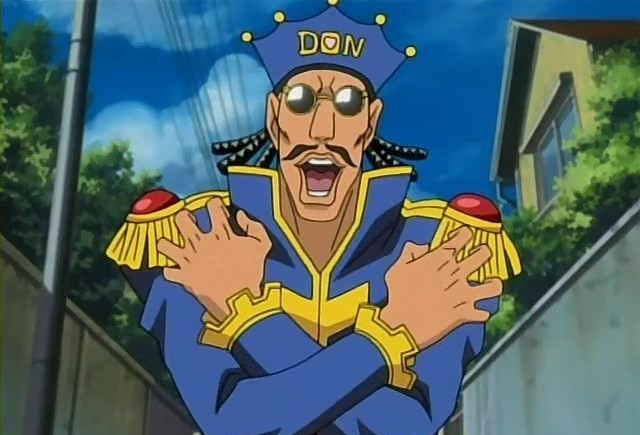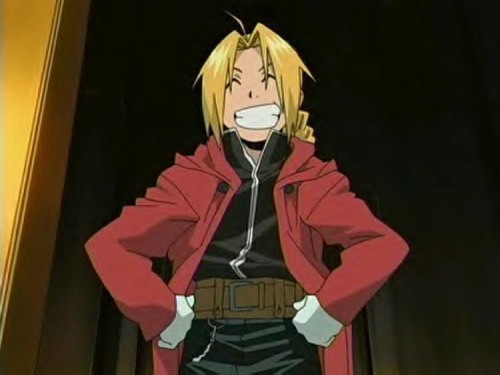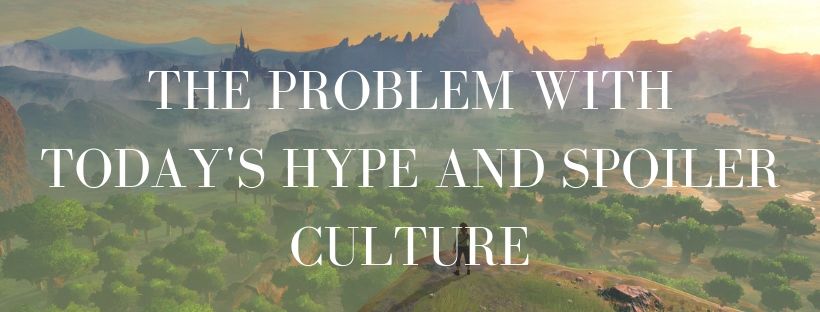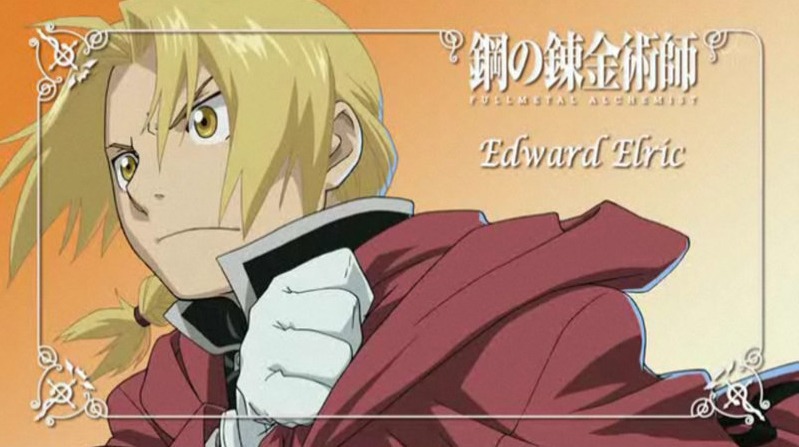
I’ve given Brotherhood flak in the past for Edward and Al not acting as intelligently as in the original series. But that doesn’t mean I dislike the story. As I revisited the anime, I still found Edward and Al a bit annoying with their lack of thinking. For example, there was a scene where snow was used to make a fog. The original Ed would’ve used his alchemy to pull the fog out of the air. This Ed just flounders around blind. But Ed’s hothead personal often clouded his thinking, which is a fine character flaw if he would’ve acted smarter most of the time. Fortunately, as the story progressed, Ed became a little less of a hothead and even acknowledged this shortcoming.
I enjoyed this revisit of Brotherhood. In fact, with this revisit I concluded it is better put together than the original series. Father is a more memorable villain than Dante. He is also more tragic and identifiable. After all, who hasn’t wanted God to help us understand? The Dwarf channels the Book of Job with his defiance and desire for answers. And like Job, remains unrepentant in the end. However, unlike Job the Dwarf’s methods were far from sinless even if his questions were justified.
Brotherhood‘s action kept me hooked. It had been so long since I had seen it, that I remembered little about the story. Winry, in particular, shined as a character. Her frustration with being sidelined as Ed and Al fought never really resolved. However, Winry’s support for Ed, in particular, channeled a desire many men have. She also didn’t try to stop Ed, understanding that he needed space to do what he had to do, but she still expressed her concern for him. The fact she and her grandmother provided a home for Ed and Al to return to provided stability as the story became more uncertain. The small references to this in the dialogue provided a nice touch.
Yes, Brotherhood was the better anime of the two. But Ed still annoyed me with his meatheadedness. However, as I revisited Brotherhood, I reassessed this annoyance. It centered on the fact that intelligence isn’t the first tool of an anime hero’s toolbox. Ed wasn’t always a meathead. His intelligence often shined. But intelligence and careful plans don’t really make for exciting action in an action anime.
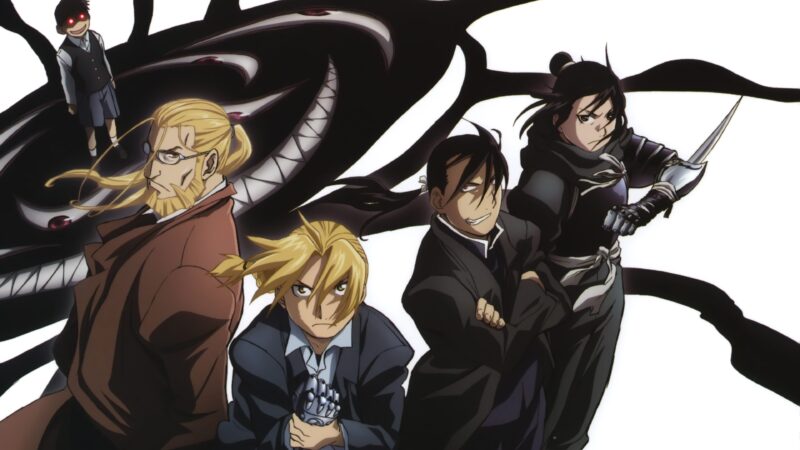
Ed’s dad thought ahead far enough to research a counter alchemy to the Father’s plan and spent years setting that plan up. Intelligence and forethought won in the end. The contrast between Ed’s dad and Ed showed a split between experience and age and the “folly of youth” inexperience. Scar also created a plan to counter the alchemy of Father, and again Scar and his brother were older. The contrast drew a line between the energy of youth and the experience of age. The meatheadness that so troubled me about Ed and many anime heroes falls on their lack of experience. They pushed forward, chin first, because they lacked the experience necessary to devise another method. I’ve observed similar tendencies in the library’s teens. As you age, you have more experiences, more data, to consider for planning. So I really can’t (anymore) fault young anime heroes in this. If I’m honest with myself, I remembered doing the same when I was younger. Such heroes will continue to annoy me, however.
In the end, anime is quite realistic in this behavior.
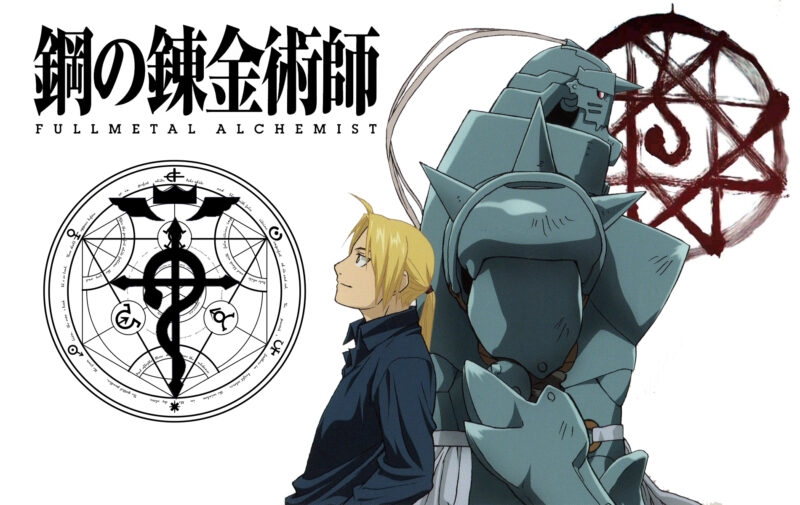
Brotherhood was well named. The story contrasts Ed and Al, Scar and his brother, and the brotherhood of the heroes against the loneliness of the homunculi and of Father. Allegorically, the story pitted democracy against the dictatorship of Father. Ed and the heroes usually came to their decisions democratically. Different characters took the lead at different times based on the consent and support of others. Whereas Father was always top-down and controlling. His was the more organized method; theirs was the messier and, ultimately, most effective. However, the soldiers–the cannon fodder of the story–suffered under both systems. And FMA:Brotherhood was careful to admit, the soldiers suffered willingly under both systems. However, the democratic system valued their suffering more and didn’t fall into human instrumentality as Father’s regime had. Likewise, the democratic system of the heroes ended with the Fuhrership returning under their guidance. This dynamic made me think about Plato and the belief of a divine monarch. Monarchy can be heaven or hell, depending on the enlightenment of the ruler. Most of the time in history, it was gray.
In any case, my revisit of Brotherhood made me change my mind on FMA and anime heroes. I had liked Brotherhood despite my bashing of Ed. While I haven’t revisited the original Fullmetal Alchemist, I suspect I will find Ed more “meatheaded” than I remember. Now, whenever I feel irritation with such heroes and heroines, I will remind myself of the realism of such behavior. Brotherhood remains an exciting and fun story and is on its way toward becoming a classic. Although the story is aging now, not enough time has passed for the story to prove itself as a classic.
